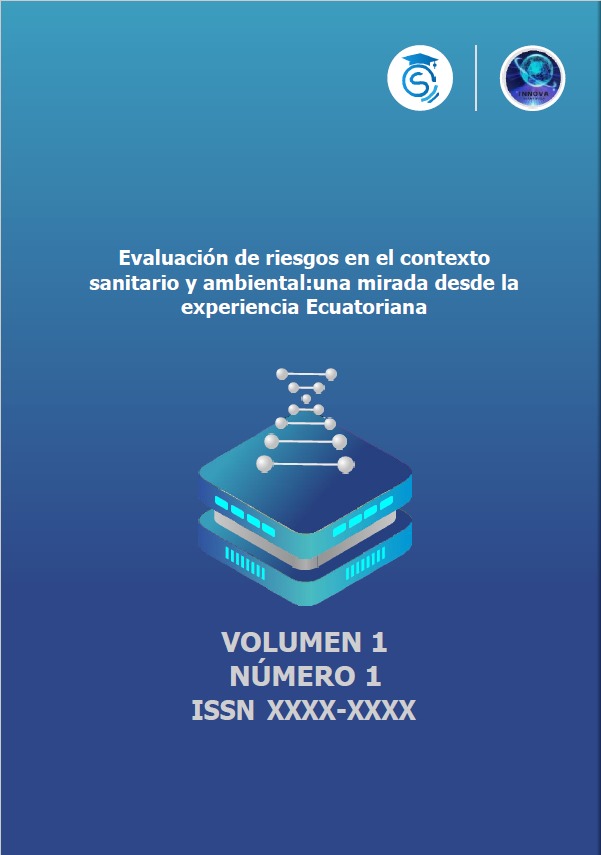Potential effect of cardon dato mucilage to flocculate clay particles
Keywords:
aggregation, biopolymers, soils reclamationAbstract
In order to evaluate the potential of the mucilage of cardón dato in flocculation of kaolin particles solutions of mucilage at a concentration of 50 mg L-1 combined with Fe+3 and Al+2 to levels of 1.5 and 3.0 mmol (+) / 100 gr of Fe+3 Al+3 respectively was evaluated. the variables evaluated were concentration of particles in suspension (CPS) and flocculated particles volume (FPV), a second experiment was conducted to compare the effectiveness of mucilage at concentrations of 5, 10, and 30 mg L-1 combined with Fe+3 and Al+2 at concentrations of 1.5 mmol (+) / 100 gr of Fe+3 + 1.5 Cmol (+) kg Al+3). The results reveal that the lowest CPS was obtained with CD50 (50 mg L-1) and PAM10 (used as a reference product) and maximum (FVP) is obtained when 50 CD is combined with iron and aluminum. The lowest value of CPS took place due to the high molecular weight of polymers and their interaction with the clay particles. On the other hand, the largest volume of flocculated can be explained due to the swelling of mucilage wet capacity and also to the formation of a more open structure that favors greater permeability and aeration of the substrate of kaolin. The use of the biopolymer of cardón dato is an economical alternative and low environmental impact for the water clarification and the bioremediation of contaminated soils with heavy metals.

